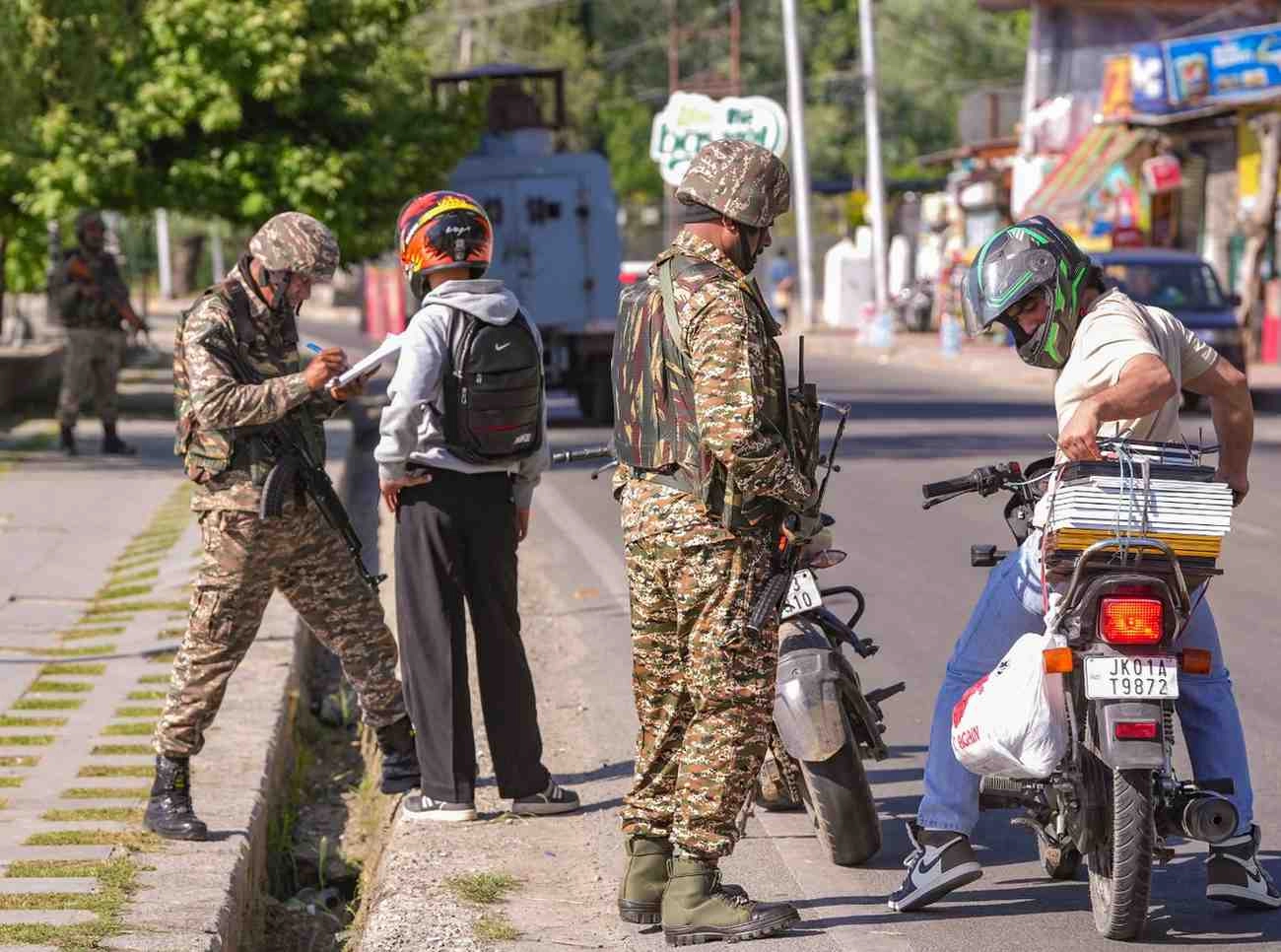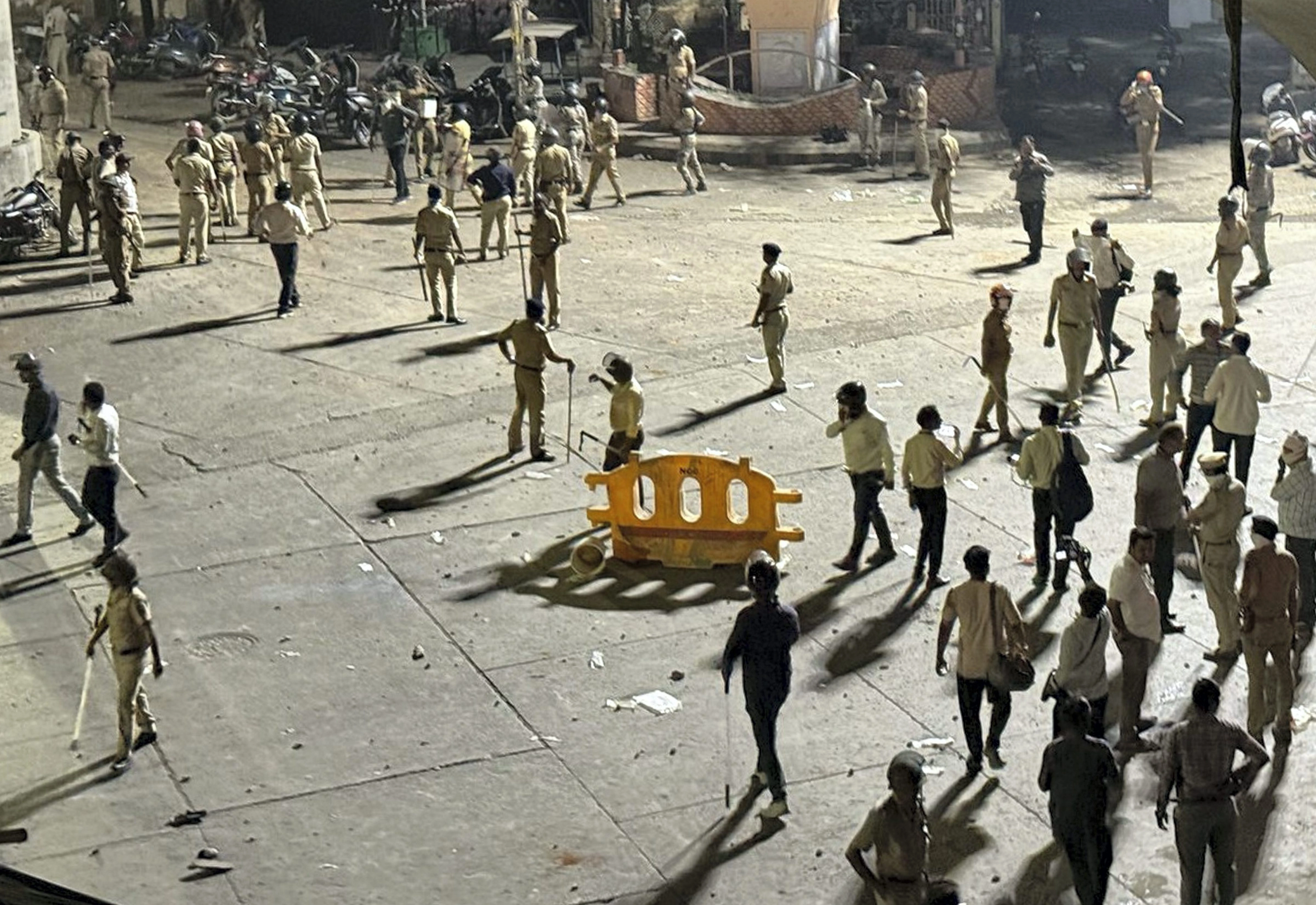In a recent ruling, the Supreme Court addressed a petition concerning the Pahalgam area, highlighting significant concerns related to the impact of such legal challenges on national security and morale within military forces. The court’s stern remarks centered around the notion that frivolous and unfounded petitions could have detrimental effects on the mental state and motivation of soldiers stationed in sensitive regions. The justices emphasized the need for careful consideration when bringing forth legal claims that might undermine the confidence and spirit of those serving to protect the nation.
The petitioner in this case seemingly sought to raise issues regarding military operations or presence in Pahalgam, a region known for its strategic importance. However, the Supreme Court was quick to point out that the implications of such actions could extend far beyond legal matters, potentially demoralizing troops who are already facing immense challenges in their line of duty. The court underscored the importance of ensuring that military personnel remain steadfast and focused on their responsibilities without the added burden of legal uncertainties or public debates that could distract from their mission.
Moreover, the justices called for a sense of responsibility among individuals who approach the judiciary with petitions that may lack substantial grounds. The Supreme Court’s strong stance serves as a reminder that while the legal system is a vital avenue for addressing grievances, it must not be exploited in ways that could jeopardize national security or the morale of those who serve. The ruling reflects a broader understanding of the interconnectedness between civilian legal actions and military operations, advocating for a more judicious approach to the use of judicial processes in matters that involve national defense and public safety.
Ultimately, the Supreme Court’s reprimand to the petitioner illustrates the delicate balance that must be maintained between the rights of citizens to seek justice and the imperative to protect the morale and effectiveness of military forces. As this case unfolds, it raises critical questions about the responsibilities of citizens and the judiciary in safeguarding the nation’s security while ensuring that justice is served without harming those who defend it. The court’s ruling serves as a cautionary tale for future petitions that may tread similar paths, urging a more thoughtful consideration of the potential consequences that legal actions can have on the nation’s armed forces.




